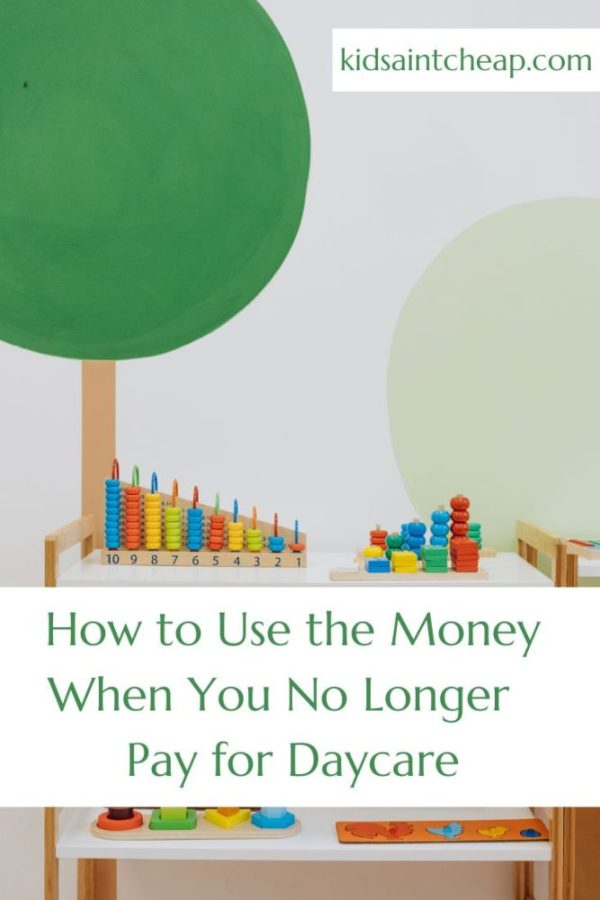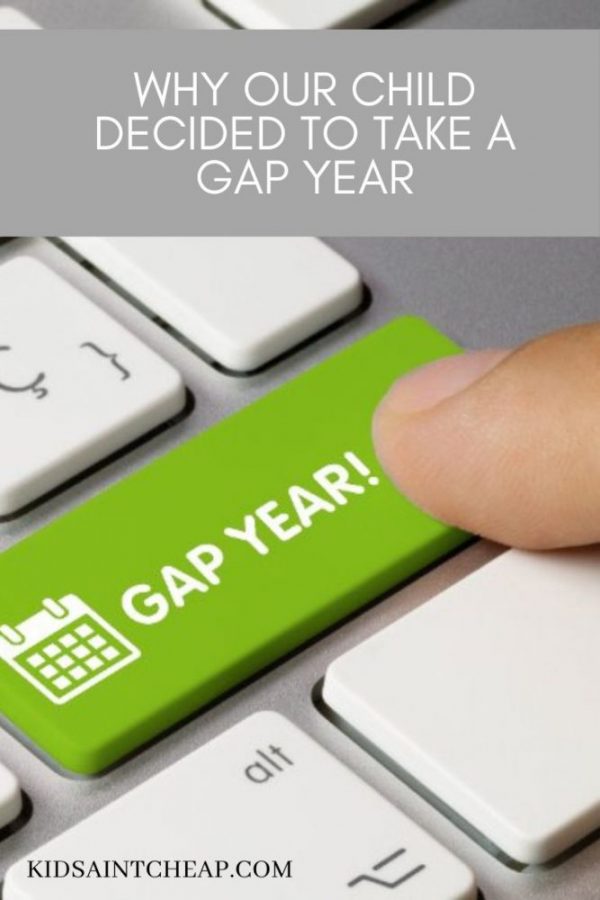Many Millennials were taught that attending a 4-year college was the best path to success. However, recent studies suggest that this conventional wisdom may be incorrect. Roughly half of recent college grads are still stuck in high school-level jobs. If 4-year college doesn’t guarantee career advancement, is higher education worth the cost? Let’s explore whether or not it’s a smart investment.
Is a 4-Year College Degree Worth the Cost?
Is a 4-year college degree worth the cost? Luckily researchers have studied the return on investment of college degrees after accounting for their total cost. Graduates usually receive a median return of $160,000 over the course of their career, which is a significant earnings boost.
However, keep in mind that not all degree paths are created equal. Some programs actually yield a lower ROI than vocational certificates. Overall, one-third of federal student loan funding goes toward college degrees that don’t pay off.
Trade School vs. 4-Year College
As a parent, you may be wondering if 4-year college is worth saving for, or if you should advise your kids to consider a different path. Alternate routes like starting a business or attending a boot camp or vocational school can lead to a fulfilling career.
Plus, these options often cost a lot less than a 4-year college degree. In-state students at public colleges in the US pay roughly $11,600 in tuition annually. Out-of-state attendees fork over a whopping $30,780 per year.
On average, trade school students pay $15,000 per year for their training. However, vocational programs usually take just a year or two to complete. So overall, attending trade school is usually cheaper than getting a 4-year college degree.
It’s important to keep in mind that trade school grads usually earn a bit less than workers with bachelor’s degrees. A 2014 study showed that BA holders made $267,863 more than trade school attendees over the course of 20 years. However, vocational grads often start their careers two or three years earlier than college attendees, which can help make up for this salary difference.
What You Study Matters
Whether your child chooses to attend a 4-year college or trade school, what they decide to study matters. As we all know, certain specialties pay more than others. For example, computer science grads can expect to earn a starting salary of $75,900 per year. On the other hand, humanities majors only net $50,681 in their first roles. The same goes for vocational school. Automotive technicians earn a median salary of $47,770, whereas dental hygienists can make $87,530.
Career Advancement Requires Soft Skills
When it comes to career advancement, degrees aren’t the be-all, end-all. Soft skills that aren’t necessarily taught in trade school or college, such as relationship-building and communication skills, are required for career advancement. According to research by Harvard, Stanford, and the Carnegie Foundation, soft skills account for 85% of job success. Hard technical skills and industry knowledge make up the remaining 15%.
Teaching your child soft skills now can help ensure they’ll be able to climb the career ladder later. Fostering positive attributes like emotional intelligence and creativity will set them up for success whether they choose 4-year college or vocational pathways.
Play to the Student’s Strengths
Ultimately, whether or not a 4-year degree is worth it depends on the student. If your child excels in school and enjoys academics, proceeding to college may be right for them. But if they dislike studying and want to start their career sooner, vocational school could be a good alternative. Evaluating your child’s strengths and future goals will help you determine the best path forward.

Vicky Monroe is a freelance personal finance writer who enjoys learning about and discussing the psychology of money. In her free time, she loves to cook and tackle DIY projects.


















